Navigating Ethical Challenges in AI Development

Navigating the Ethical Minefield: Why AI Ethics is No Longer Optional
Navigating Ethical Challenges
Did you know that a recent study by PwC found that over 80% of global executives believe Responsible AI is crucial for long-term business success? As Artificial Intelligence rapidly permeates every facet of our lives, from healthcare and finance to entertainment and transportation, the conversation around AI Ethics has shifted from a philosophical debate to a critical business imperative. But what exactly does AI Ethics entail, and how can individuals and organizations navigate this complex landscape? This comprehensive guide delves into the core principles, emerging trends, and practical strategies for fostering trustworthy and beneficial AI systems. AI Ethics is paramount in ensuring a future where AI empowers humanity responsibly.
Key Concepts & Trends in the Age of Intelligent Machines
The field of AI Ethics is dynamic, constantly evolving alongside technological advancements. Several key concepts and trends are shaping the landscape today. Fairness is a central concern, addressing biases embedded in training data that can lead to discriminatory outcomes. For instance, facial recognition systems have been shown to exhibit racial and gender biases, highlighting the urgent need for algorithmic auditing and diverse datasets.
Another critical trend is transparency and explainability – often referred to as XAI (Explainable AI). As AI models become more complex (like deep learning networks), understanding why they make specific decisions becomes increasingly challenging. This lack of transparency poses risks in high-stakes applications like loan approvals or medical diagnoses. Tools are emerging to help demystify these “black box” algorithms, offering insights into their reasoning processes. Imagine a doctor being able to understand the factors that led an AI to recommend a particular treatment – this builds trust and accountability.
Data privacy remains a paramount concern, especially with regulations like GDPR and CCPA gaining traction globally. Techniques like federated learning, where models are trained on decentralized data without direct data sharing, are gaining prominence to address these privacy concerns. The rise of generative AI, such as large language models (LLMs), presents new ethical challenges around misinformation, deepfakes, and copyright infringement, demanding proactive ethical frameworks.
Data & Market Insights: The Growing Importance of Ethical AI
The market for Responsible AI solutions is experiencing significant growth. A report by Deloitte estimates the global market for AI ethics and governance to reach over $3 billion by 2027. This surge is driven by increasing regulatory pressure, growing consumer awareness, and a recognition of the potential risks associated with unchecked AI development.
Consider the financial sector: a recent study by McKinsey found that 70% of financial institutions are actively investing in Responsible AI initiatives to mitigate risks and enhance customer trust. Similarly, in healthcare, organizations are exploring AI for diagnostics and treatment but are acutely aware of the need to ensure fairness and avoid perpetuating existing health disparities.
[Insert a visually engaging infographic here showcasing the growth of the Responsible AI market, key investment areas, and regulatory landscapes.]
This data clearly indicates a powerful trend: businesses are moving beyond simply deploying AI and are actively seeking ways to integrate ethical considerations into their AI lifecycle. This isn’t just a compliance exercise; it’s a strategic imperative for sustainable growth and reputation management.
Smarter Strategies & Alternatives for Ethical AI Implementation
Moving beyond awareness, organizations need to adopt smarter strategies for integrating AI Ethics. This involves establishing clear ethical guidelines, implementing robust data governance frameworks, and fostering a culture of ethical AI development. Investing in tools for algorithmic bias detection and mitigation is crucial. Several platforms offer these capabilities, allowing developers to proactively identify and address potential biases in their models.
For businesses seeking alternatives to large, centralized AI models, exploring edge AI – processing data closer to the source – can enhance privacy and reduce reliance on potentially biased external datasets. Open-source AI frameworks and tools are also playing a vital role in promoting transparency and allowing for greater scrutiny of algorithms. Furthermore, adopting a human-in-the-loop approach, where human oversight is integrated into AI decision-making processes, can help ensure accountability and prevent unintended consequences.
Use Cases & Applications of Responsible AI in Action
The practical applications of Responsible AI are already transforming industries. In the legal sector, AI is being used to analyze vast amounts of legal documents, but ethical considerations are paramount to prevent biased outcomes in case assessments. Startups are developing AI-powered tools for detecting and mitigating bias in hiring processes, promoting fairer opportunities for job seekers.
In the manufacturing industry, AI is optimizing production processes, but Responsible AI ensures that these optimizations don’t lead to job displacement without proper reskilling initiatives. Healthcare providers are leveraging AI for early disease detection, but ethical guidelines ensure patient privacy and avoid perpetuating health inequalities. Companies like IBM are offering comprehensive Responsible AI platforms to help organizations build, deploy, and manage AI systems ethically. The success stories often highlight companies that proactively prioritize fairness, transparency, and accountability in their AI deployments.
Common Mistakes to Avoid on the Path to Ethical AI
Despite the growing awareness, several common mistakes are hindering the adoption of Responsible AI. One prevalent pitfall is a lack of diverse perspectives in AI development teams, leading to blind spots in identifying potential biases. Another is treating AI Ethics as an afterthought rather than integrating it from the outset of the AI lifecycle.
Organizations also often underestimate the complexity of data bias and fail to implement robust data auditing processes. Furthermore, a lack of clear accountability mechanisms can lead to a diffusion of responsibility when ethical issues arise. The data from the European Data Protection Board highlights that a significant number of data breaches are linked to inadequate data governance and security practices, a critical aspect of Responsible AI.
Maintenance, Security & Long-Term Planning for AI Systems
Maintaining the ethical integrity of AI systems is an ongoing process. Regular monitoring for bias drift – the gradual introduction of new biases over time – is essential. Robust cybersecurity measures are also crucial to protect AI models and the data they rely on from malicious attacks.
Long-term planning should include establishing clear regulatory compliance frameworks and staying abreast of evolving ethical guidelines. Implementing version control for AI models allows for tracking changes and reverting to previous ethical versions if necessary. Building a culture of continuous ethical evaluation and feedback within the organization is vital for ensuring sustained Responsible AI practices.
Summary & Key Takeaways: Embracing the Future of AI
The journey towards AI Ethics is not a destination but an ongoing commitment. Integrating ethical considerations into every stage of the AI lifecycle is not just a matter of compliance; it’s a fundamental requirement for building trustworthy and beneficial AI systems. Key takeaways include the importance of addressing bias, promoting transparency, prioritizing data privacy, and fostering a culture of ethical awareness. The market for Responsible AI is booming, indicating a growing recognition of its strategic importance.
We encourage you to share your thoughts on the challenges and opportunities of AI Ethics in the comments below! Have you implemented any Responsible AI practices in your organization? Share your experiences and solutions. You might also find our in-depth AI Ethics Guide AI Ethics helpful for further exploration.
FAQs on AI Ethics
Is it too late to invest in AI Ethics? Absolutely not. In fact, it’s crucial to invest now to mitigate risks and build trust in AI technologies. Businesses that prioritize Responsible AI are likely to gain a competitive advantage in the long run.
How can small businesses use AI ethically? Small businesses can start by focusing on data privacy, ensuring transparency in how they use AI, and building diverse teams. Adopting open-source Responsible AI tools can also be a cost-effective solution.
What tech stacks scale best for ethical AI implementation? Tech stacks that prioritize data governance, model explainability, and security are best suited for scaling Responsible AI initiatives. Cloud-based platforms offering Responsible AI services are becoming increasingly popular.
Share this content:

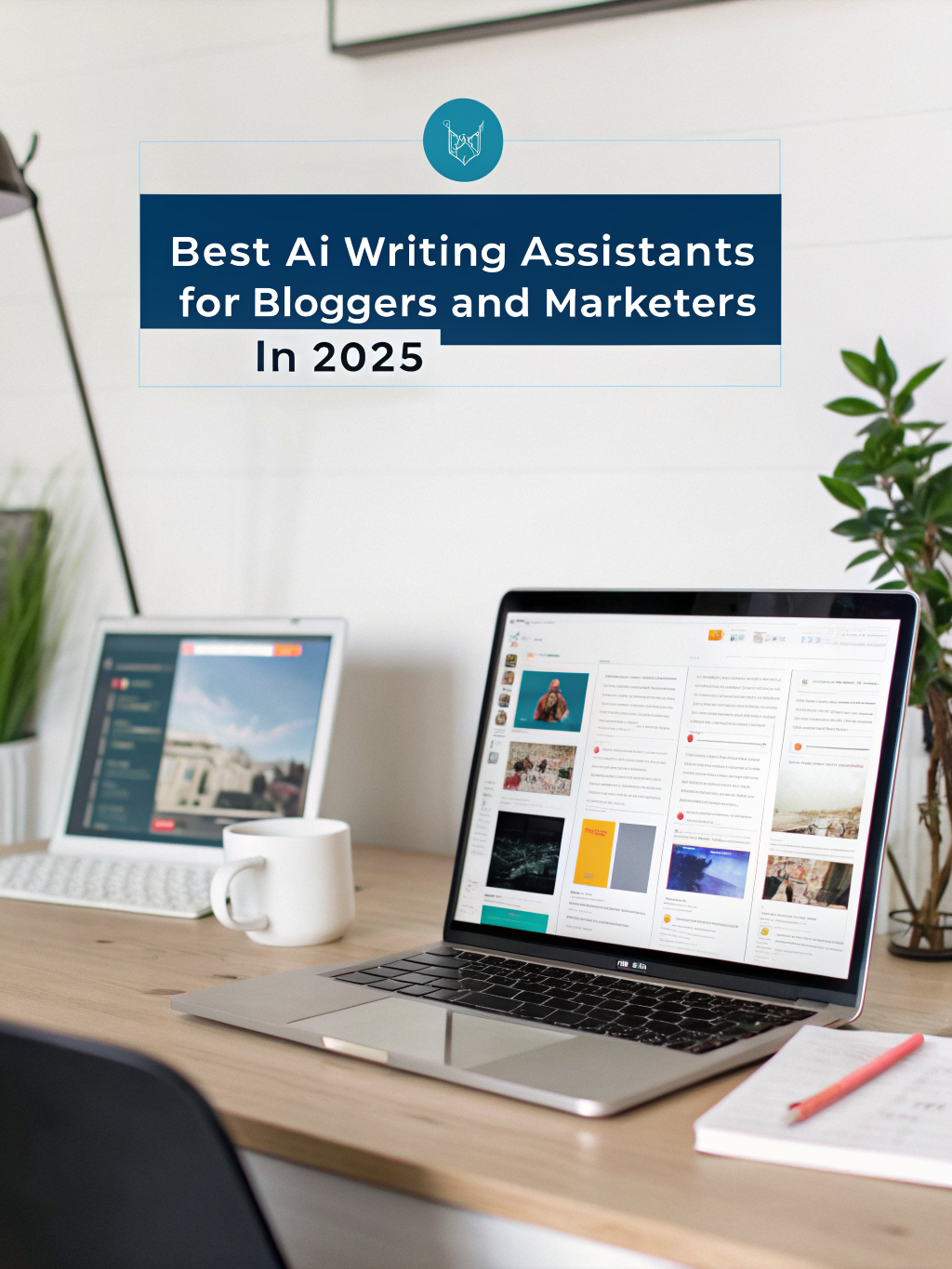
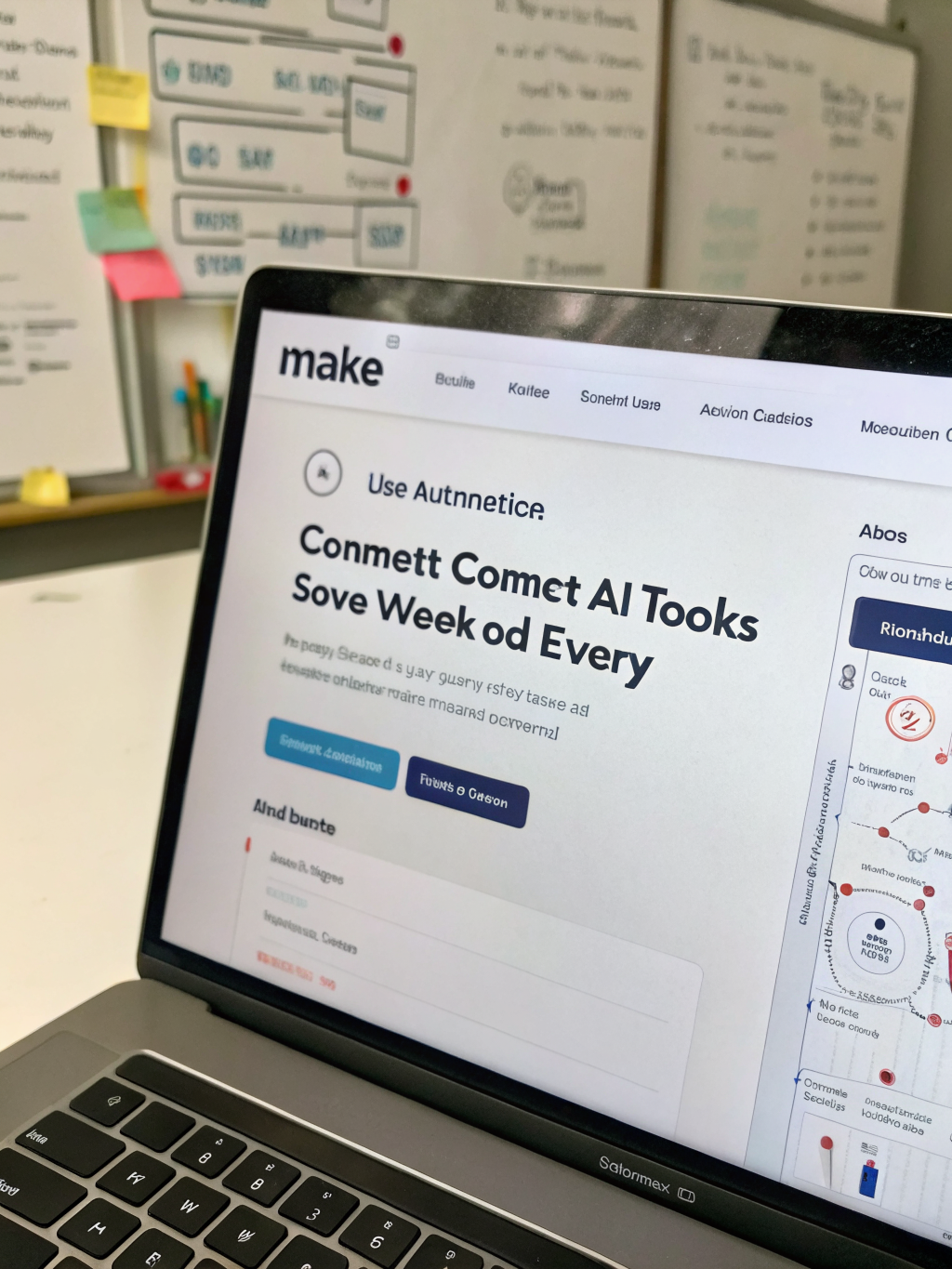
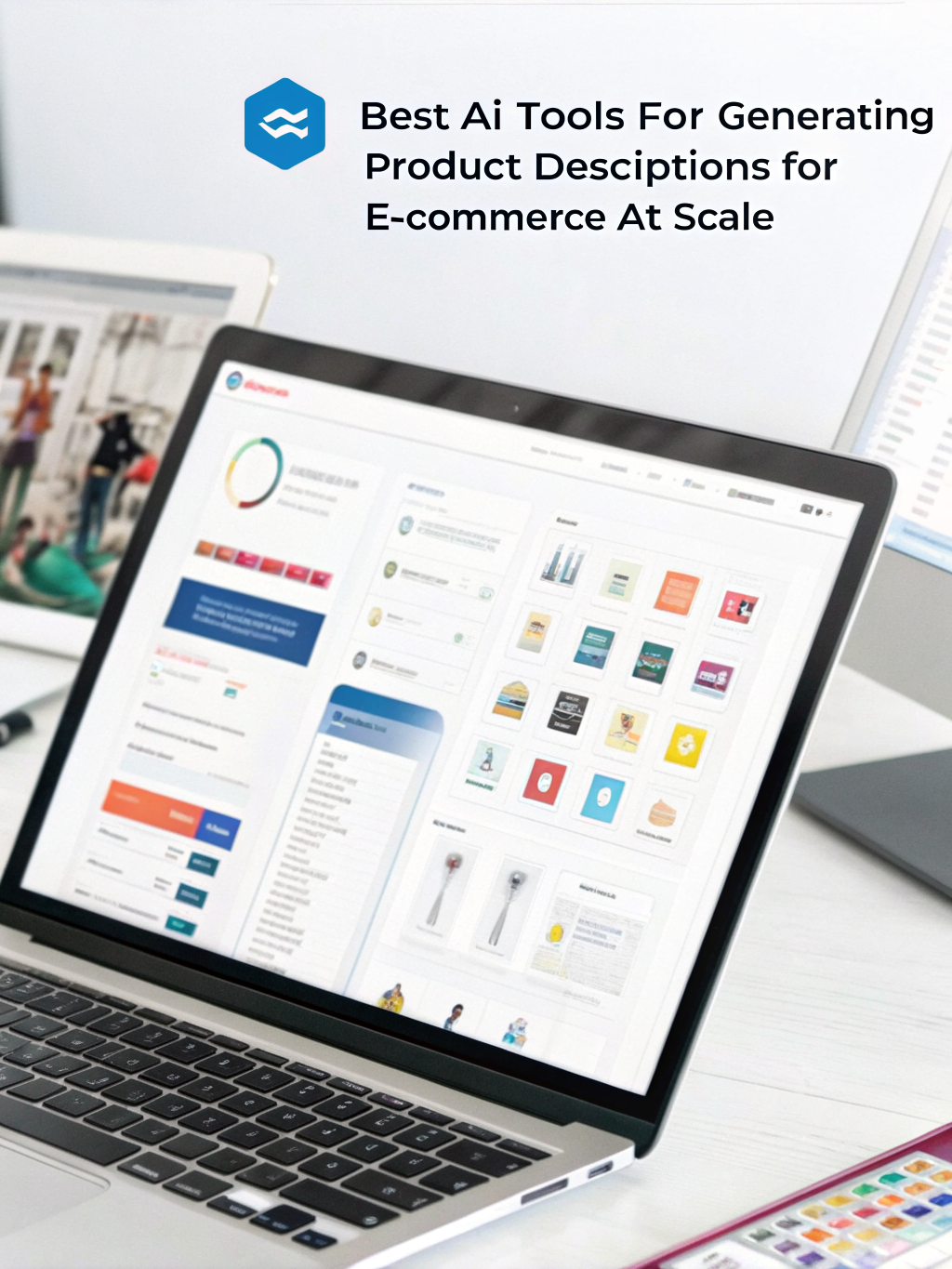
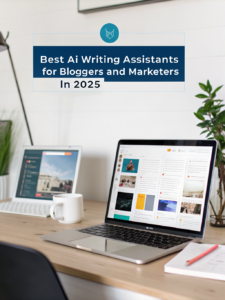
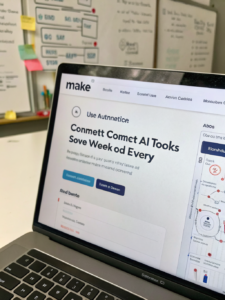

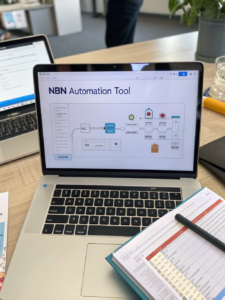
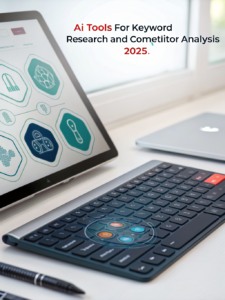
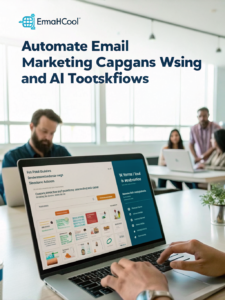
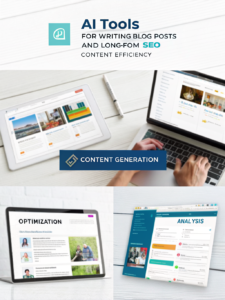


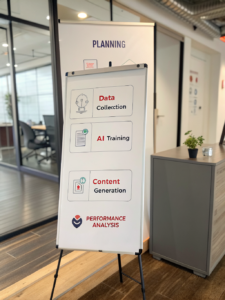
Post Comment